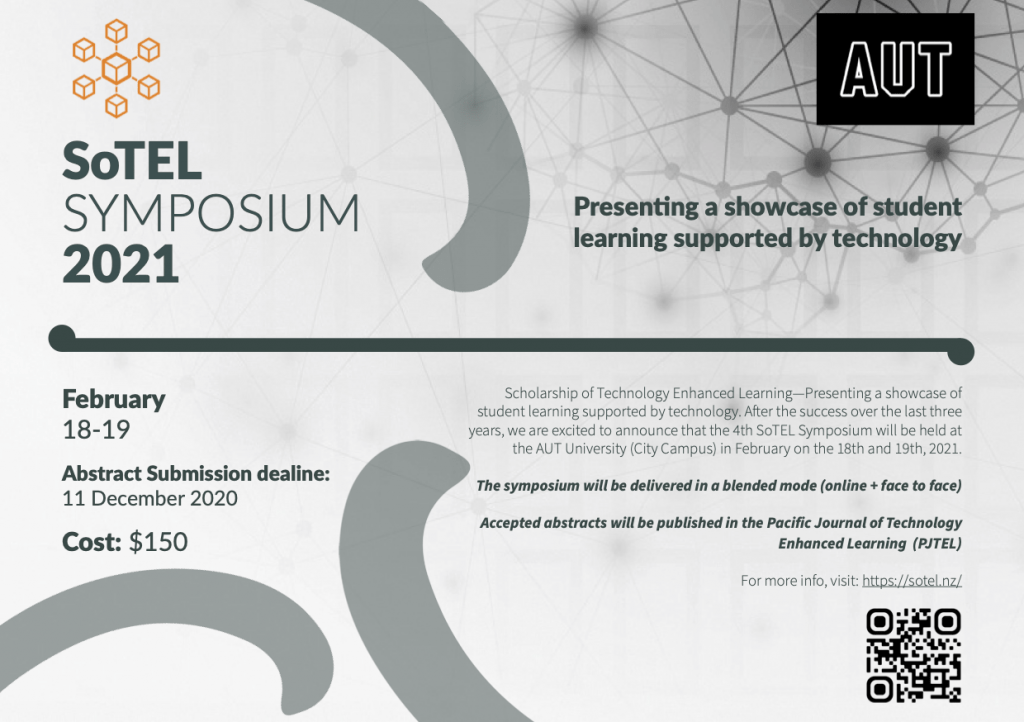Online learning design resources for #COVID19
A brief selection of some approaches to #COVID19 online learning design for dual delivery, remote teaching, hybrid teaching: resources, guides, design frameworks
- Treves, R. (2020, 24 July). ABC Workshops at distance via padlet. Retrieved 9 November from http://www.richardtreves.com/abc-workshops-at-distance-via-padlet/
- The University of Edinburgh. (2020, 9 June). Rapid ABC for hybrid teaching. The University of Edinburgh. Retrieved 9 November from https://www.ed.ac.uk/information-services/learning-technology/learning-design/abc/course-design-for-uncertain-times
- National Forum for the Enhancement of Teaching and Learning in Higher Education. (2020, July 24). The EDTL Approach for Lab based Modules. teachingandlearning.ie. Retrieved 25 November from https://www.teachingandlearning.ie/resource/the-edtl-approach-for-lab-based-modules/
- London Knowledge Lab. (2020). Learning Designer. UCL Knowledge Lab, UCL Institute of Education. Retrieved 25 November from https://www.ucl.ac.uk/learning-designer/index.php
- Enhancing Digital Teaching and Learning. (2020). EDTL Approach: Considerations for Lab-based Subjects. Irish Universities Association. Retrieved 25 November from https://edtl.blog/the-edtl-approach/edtl-approach-considerations-for-lab-based-subjects/



Recent Comments